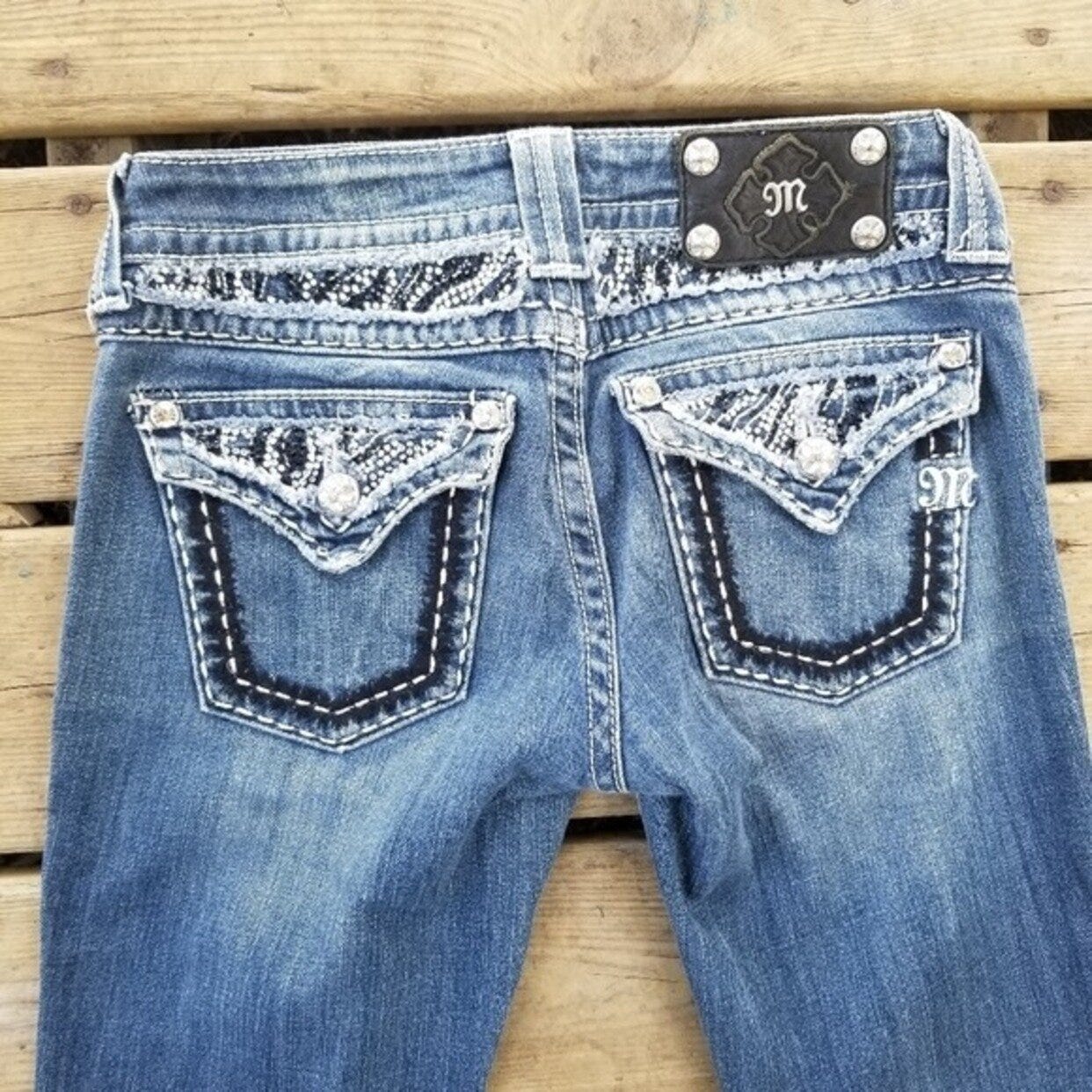When I was a kid, people used to tell me that I was so lucky to be adopted. Lucky that my parents chose me. Lucky to be brought to the United States. Me and Britney Spears, we had a lot in common. (IYKYK. If you don’t get the reference or just want to relive adolescence, go give it a listen.)
What all these luck pushers missed was the truth of my experience. Most origin stories include details that people take for granted - names of your parents, the story of the day you were born, how you got your name. My story is different. More institutional.
I was born in South Korea in the early 1980’s and immediately lost my entire family. After my birth, my mother surrendered me to an orphanage. Right then I lost contact with my parents, any potential siblings, grandparents, my entire extended family. As a result of that trauma, I dropped from 5 pounds to 4 and spent a month in a hospital incubator. I moved 5 times in my first 3 months of life before settling in with a foster mother. She was the only consistency in my life, and then I lost her too when I came to the United States. I also lost the only language I knew, all the faces that looked familiar, food, climate, everything.
The 1980’s were the baby boom for international adoption, specifically in Korea. South Korea has exported over 200,000 babies since the 1950s. There are records now that show parents who unknowingly gave away their parental rights, forgeries and falsifications, and kidnappings. Exporting children made a lot of money for South Korea and strengthened its diplomatic ties with the United States. I have begun to wonder if my parents even surrendered me willingly, which is a question that might haunt me for the rest of my life.
After leaving Korea, I landed in Bartlesville, Oklahoma, a town of 30,000 people just north of Tulsa. Bartlesville is known for being the headquarters of Phillips 66 or ConocoPhillips. Having an oil company headquartered in rural Oklahoma meant that the majority of the town had decent money. It’s the red state stereotype you’re thinking of, with Budweiser and NASCAR and wolf t-shirts, but we could afford the bejazzled jeans to wear with the wolf shirts. (Ok, part of me might still love these jeans.)
Historical Sidenote: Killers of the Flower Moon, both a book and film, is about my hometown and the lands near it. Of course, this wasn’t the history we learned in school, but more on that in future posts.
When everyone around you is white, when the movie stars are white, when the books are all about white kids, then you begin to think there’s something wrong with you. That was heavily reinforced in everyday reactions. I couldn’t walk into a new space without people asking me where I was from or if my dad was Chinese. I always stood out; I never belonged.
This is the paradox that is my life. Even though I looked different from everyone else, I was still raised in rural Oklahoma. My high school car was a Chevy Silverado with Flowmaster pipes. I have a handful of go-to Crockpot recipes and buttery desserts. My closet has three denim jackets and two pairs of cowboy boots. I love being a Southerner. Even as an adult though, I still don’t always belong.
In 2021, a man at a party told me I spoke English really well. That was his OPENING LINE. Before I could even trot out my Southern pedigree of knowing the names of every starting lineman on the Dallas Cowboys, he just barged in assuming I was somebody’s….foreign exchange student? Mail-order bride? Sir. Take a seat.
Tip to avoid accidental racism: if you wouldn’t ask or say it to a white person, don’t ask or say it to a person of color.
That party is a prime example of why you’re reading this blog now. I’ve had a lifelong dream of being a writer, and I’ve never lacked things to say. By illuminating my own experience, I hope that you find a mirror to your own life, or a window into someone else’s1. I invite you to come along on this journey of Southern life, parenting, and doing it all while everyone thinks you look just like their nail salon lady.
For newbies: What is Substack, and how does it work?
Substack is an email newsletter service, and it also offers discussion spaces. To access all the benefits, please subscribe to my blog!
Subscribers are our community. When you subscribe, you can:
receive posts directly in your inbox
join the conversation on the Notes page (like social media, but without trolls and dumpster fires)
engage in comments on individual posts
Subscription is free, and you can opt out at any time. I’ll send a newsletter a few times each month.
Dr. Rudine Sims Bishop, Multicultural Literacy: Windows, Mirrors, and Sliding Glass Doors







i'm excited to read more.
Wow, Emily! Your story is so powerful and heart expanding. It is tremendous the journey you have traversed and your honesty and humor is inspiring to say the least. I am so grateful to be on this journey with you and as one of your readers I am chomping at the bit for more! Love.